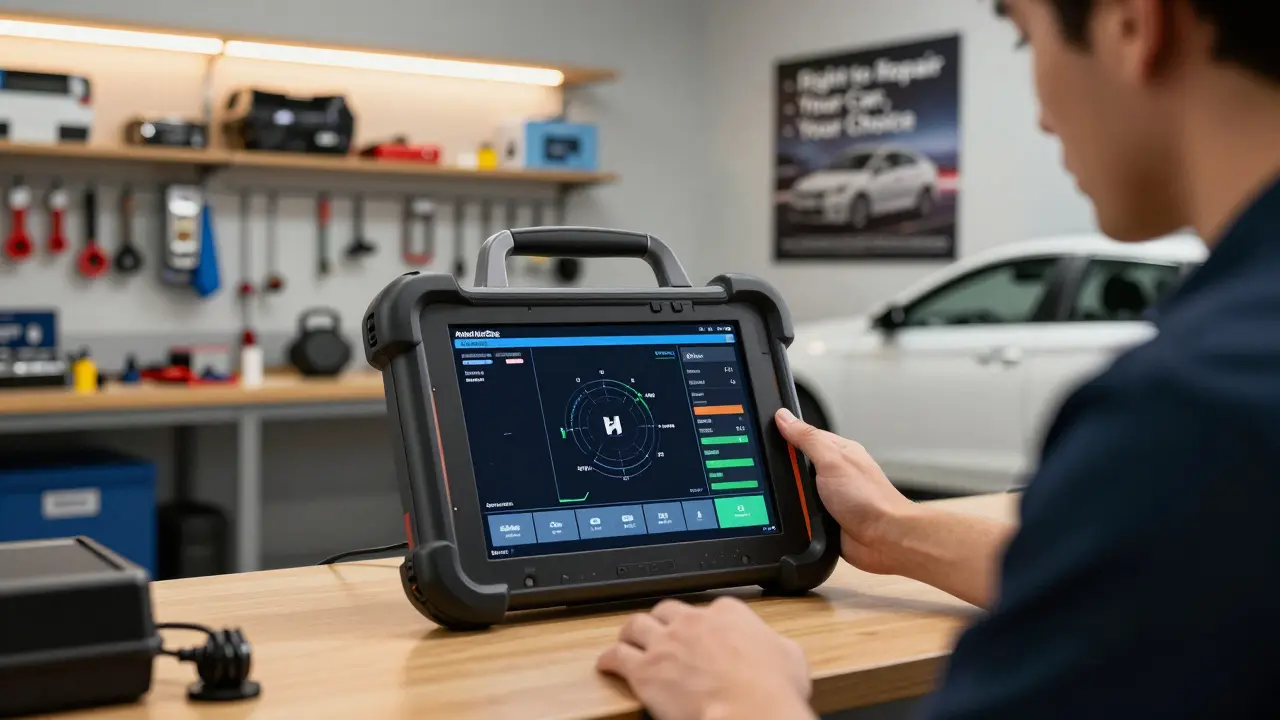Vehicle Repair: Straightforward Tips Every Car Owner Needs
Ever stared at your car, hearing a weird noise and wondering, “Now what?” You’re not alone. Vehicle repair doesn’t have to be confusing or scary. Whether you’re tired of getting ripped off at the shop or just want to avoid calling your mechanic for every little thing, knowing some basics can save you major headaches — and cash.
Start with the obvious: regular maintenance really matters. Skipping oil changes and ignoring warning lights is a recipe for trouble. Little things, like a loose gas cap or a dirty air filter, can tank your fuel efficiency and even make your car fail emissions tests. There’s a simple fix for a lot of problems that might look intimidating at first glance.
Speaking of simple, don’t forget the basics like checking your tire pressure and looking at your brake pads. Low tire pressure can mess with handling and kill your mileage. Those brake squeaks you’ve been ignoring? They’re not just annoying — they’re your car begging for help before things get expensive. Most auto parts stores will even inspect your brakes or battery for free if you ask.
Ever heard that the right car parts can make or break your repairs? It’s true. Going cheap or choosing the wrong parts can turn a small repair into an ongoing saga. When in doubt, stick with OEM (original equipment manufacturer) parts, or at least check customer reviews before buying from an unfamiliar brand. The difference in quality — and headache — is real.
If you’re a DIYer, start small. Changing wiper blades and replacing light bulbs are quick wins. Watching a couple of online videos can turn you from clueless to confident. Even things like swapping air filters and topping off fluids are well within most people’s reach. Just make sure to read your car manual, since locating a fuse box or figuring out which oil to use shouldn’t be a guessing game.
Not every repair is suitable for at-home fixes. Electrical problems or weird engine noises sometimes mean it’s time for the professionals. But having basic knowledge (like what the check engine light actually means, or how to describe the exact problem) helps you avoid getting upsold on repairs you don’t need. Shops tend to take more care when they know you’ve done your homework.
Worried about resale value? Small repairs and routine upkeep really do pay off. Potential buyers will check for things like the condition of belts, hoses, and the battery — not just shiny paint. Simple upgrades, like changing out old headlights or keeping records of your repairs, show you’ve cared for your ride.
Finally, keep your expectations real. Not every fix is urgent, and not every noise signals doom. But the more you pay attention, the better you’ll know when something’s off with your vehicle. That’s the heart of smart vehicle repair — being proactive, choosing the right parts, and learning as you go. Your wallet (and maybe your sanity) will thank you.


The Ultimate Car Parts Guide: Everything Drivers Need to Know
- 10 Comments
- May, 29 2025
Trying to figure out car parts can feel like solving a mystery, especially with so many options out there. This guide breaks things down simply, explaining why parts matter, the differences between them, and how to make smart choices for your car. It covers where to buy, which brands to trust, and a bunch of tips that make life easier for anyone who's not an auto expert. You'll walk away with a toolkit of knowledge that saves time, money, and headaches. If you've ever felt lost looking for a part, this one's for you.
